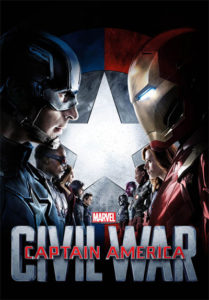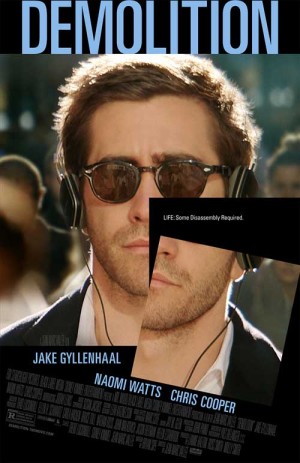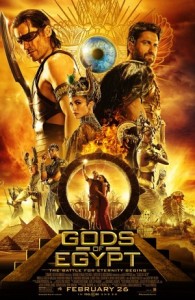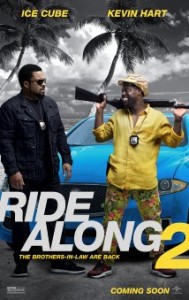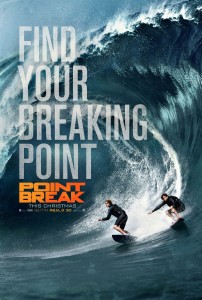Film Review by Jeremy Werner
Starring: Chris Evans, Robert Downey Jr. and Scarlett Johansson
Directed By: Joe and Anthony Russo
Rated: PG-13
Running Time: 146 minutes
Walt Disney Studios Motion Pictures
Our Score: 5 out of 5 Stars
Warner Bros. worst nightmare has come true. A much better comic book movie has been released with Batman V. Superman: Dawn of Justice still fresh in moviegoers minds. Actually, let me take that statement back. A near-perfect comic book movie has been released a month afterBatman V. Superman: Dawn of Justice, further solidifying Zack Snyder’s cinematic attempt as the shiny turd it is. Warner Bros. executives listen up. Purchase a ticket to Captain America: Civil War and see how comic book movies are really done.
This doesn’t feel like a Captain America movie, but more like a prequel to the next Avengers movie, and that’s perfectly fine. The loss of life and human casualties has finally caught up to the Avengers as the Secretary of State and the United Nations demand authority over the team. Tony Stark/Iron Man (Downey) is soaked in guilt, feeling that he’s done more harm than good. He believes the Avengers need a leash before they gallivant around the world fighting evildoers.
On the flip side of the coin is Captain America (Evans). He believes politics, as well as the looming threat of Hydra’s infiltration, would inhibit their ability to save the world at the drop of a hat. Both sides have their merits, but Captain’s opinion is tossed out the window when Bucky, the Winter Soldier (Sebastian Stan), commits a terroristic act at the U.N. killing dozens. Captain and Tony are at ends after this. Tony wants Bucky taken in and imprisoned, or killed, and Captain rightfully suspects something else is at work.
While Age of Ultron felt overwhelmed with over a dozen characters to juggle, Civil War seems to handle it with a calm demeanor. Even the introductions of Black Panther (Chadwick Boseman) and Spiderman (Tom Holland) are fluid, fun, and properly handled. The additions of a sleepy Ant-Man (Paul Rudd), a conflicted Scarlet Witch (Elizabeth Olsen), a stoic Vision (Paul Bettany) and a handful others never overwhelms the viewer.
For Marvel fans who’ve watched every movie, and possibly every show, their fan service is paid off throughout. As for the villain; He appears to be a little lacking, but upon further inspect, the bad guy says a lot about the fabric of comradery between the Avengers and how easily it can rip. It seems like every Captain America is a game changer. The first prefaced the Avengers assembling. The second movie scrapped S.H.I.E.L.D. to its bare bones. Now Civil War rearranges the chess board after flipping it off the table.
I feel like I say this nearly every time a new Marvel movie is released, but Marvel has seriously outdone themselves once again. Civil War is a near-flawless cinematic experience that neatly packages one of the most pivotal story lines in comic book history. As for what Marvel has up its sleeve before 2018’s release of Avengers: Infinity Wars, is anyone’s guess. But I assure you it’s in good hands. The same directors and writers behind Civil War are piecing together the next Avengers and if this movie is any indication, it’s going to be fantastic, if not a satisfying conclusion to decades of story building. I wish I could tell you more about Civil War, but it’s something you’re just going to have to see for yourselves. Like, right now.


